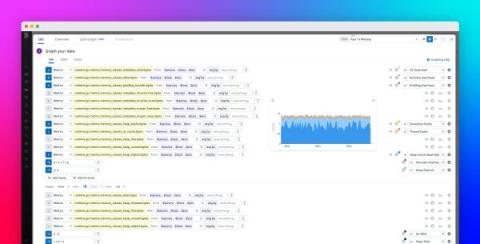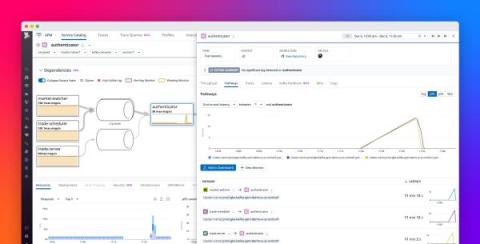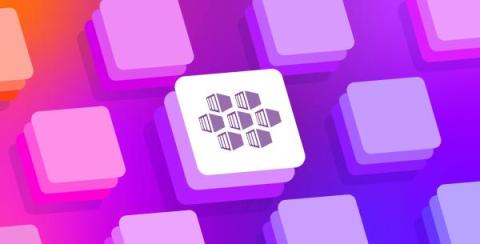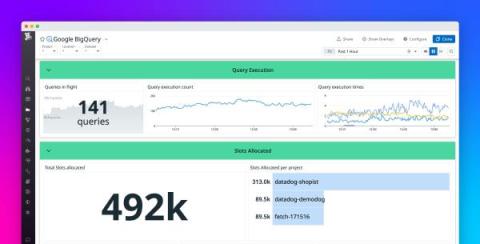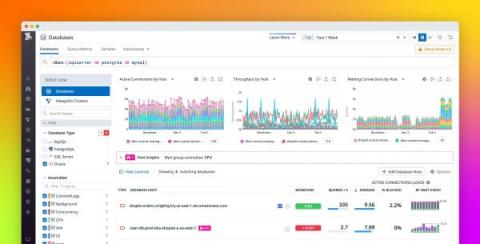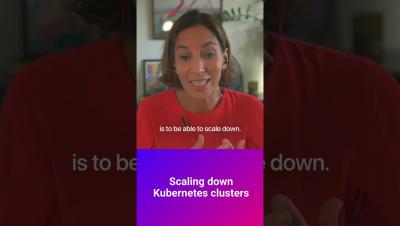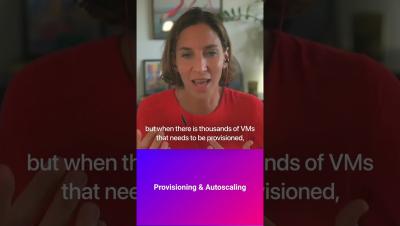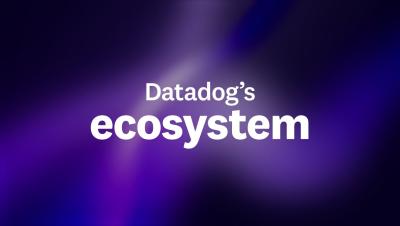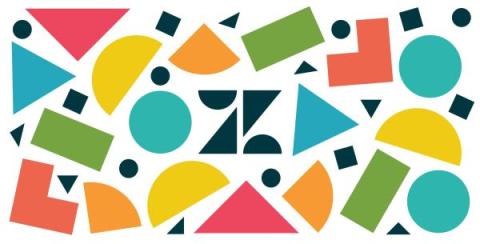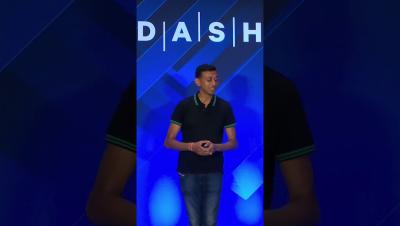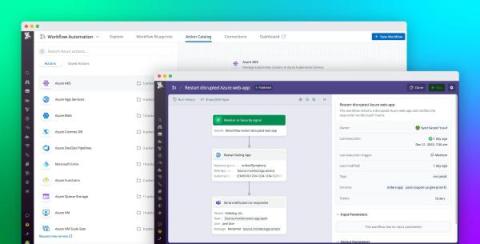Operations | Monitoring | ITSM | DevOps | Cloud
January 2024
Go memory metrics demystified
Datadog for Tool Consolidation: Unify teams, tools, and technologies
Datadog Software Delivery Demo
Troubleshoot streaming data pipelines directly from APM with Datadog Data Streams Monitoring
Streamline Azure container monitoring with the Datadog AKS cluster extension
Monitor BigQuery with Datadog
Monitor Oracle managed databases with Datadog DBM
Datadog on Design Systems
Transform Your Customer Experience with DevOps Collaboration
Scaling Down Kubernetes Clusters
Provisioning and Autoscaling
Best practices for CI/CD monitoring
Modern-day engineering teams rely on continuous integration and continuous delivery (CI/CD) providers, such as GitHub Actions, GitLab, and Jenkins to build automated pipelines and testing tools that enable them to commit and deploy application code faster and more frequently.
Consolidate your tools with Datadog's ecosystem
Simplify customer support with Datadog's integrations for Zendesk
Zendesk provides support teams with an integrated solution for processing all types of customer inquiries and feedback. But as organizations scale, support tickets multiply, making it increasingly difficult to parse all of your customers’ feedback and time-consuming to investigate issues. Customers often report issues without providing the detailed context needed for troubleshooting, creating unclear and indirect paths to remediation.
Paving the Road for Proactive Reliability
Building & Scaling Distributed Teams
Detect Java code-level issues with Seagence and Datadog
In Java applications, concurrency issues can be difficult to reproduce and debug. Because work is scheduled nondeterministically across threads, the conditions that have led to an error in one execution of the program may not trigger the same issue the next time around. Exceptions that are silently handled—also known as swallowed exceptions—can also be challenging to debug because they typically do not leave any trace in the logs.
Quickly remediate issues in your Azure applications with Datadog Workflow Automation
Datadog Workflow Automation speeds up incident response and remediation for DevOps, SRE, and security teams by enabling them to automatically run predefined task sequences whenever specific alerts or security signals are triggered. After the feature’s initial release in 2023, Datadog is now excited to announce a significant expansion of its Workflow Automation capabilities with Azure actions, allowing engineers to create automated workflows for their Azure resources for the first time.



